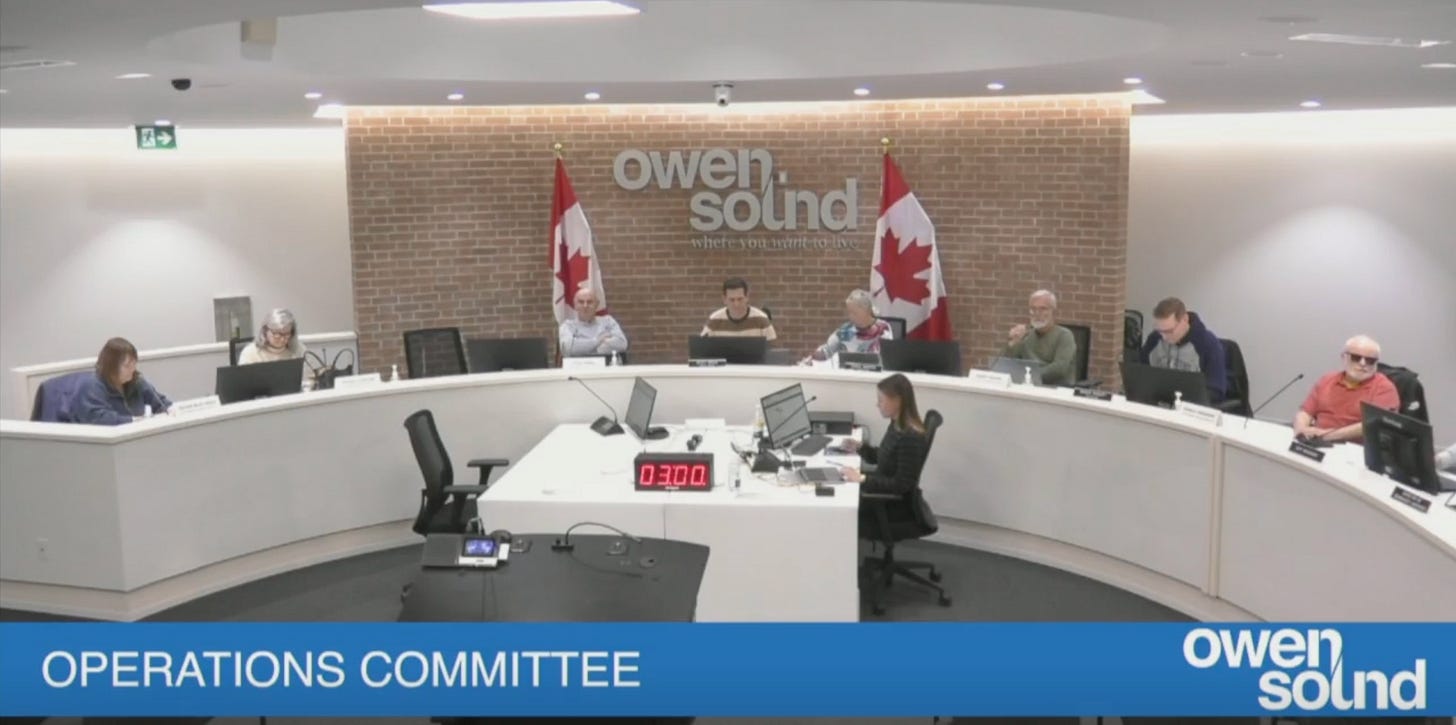Operations Committee Wrestles with Provincial Recycling Policy, Non‑Profit Impacts and Regional Advocacy
Owen Sound’s Operations Committee weighs short-term fixes and advocacy as provincial blue box cuts hit charities and non-residential sites.
The City’s Operations Committee faced a full chamber and a complex policy challenge at its November 20 meeting, as members debated how Owen Sound should respond to the province’s imminent removal of blue box recycling services for non-residential sources. The shift will leave char…
Keep reading with a 7-day free trial
Subscribe to The Owen Sound Current to keep reading this post and get 7 days of free access to the full post archives.



